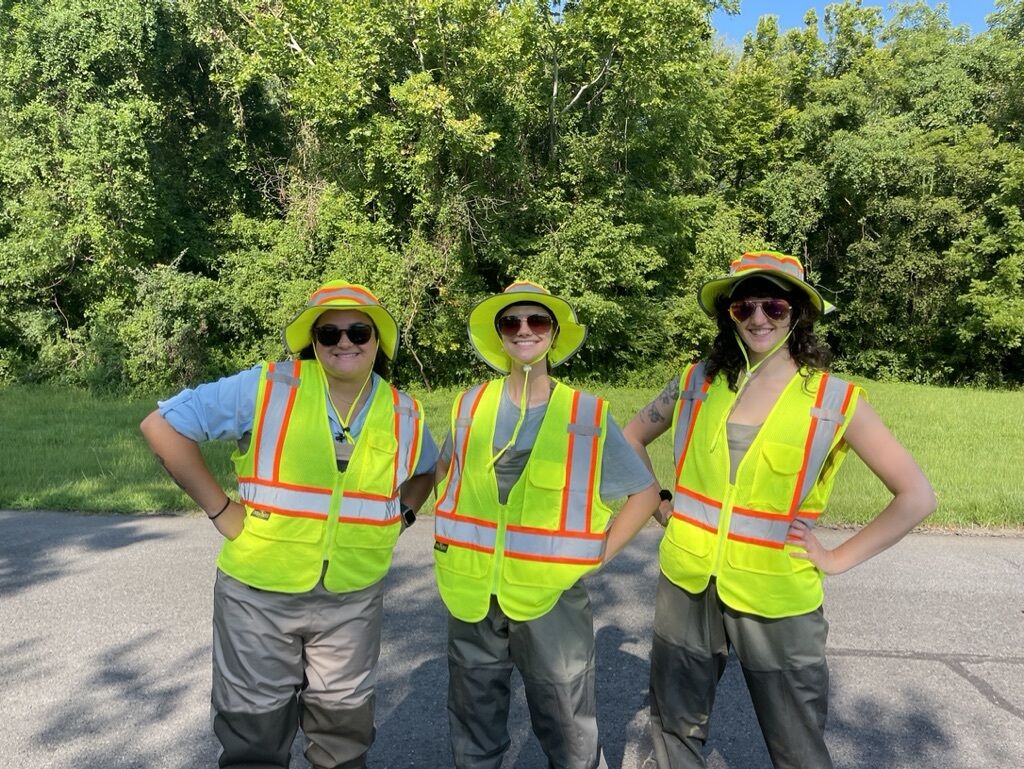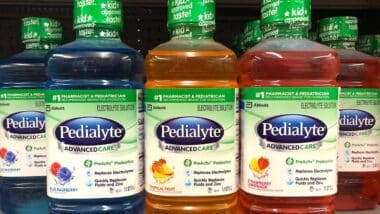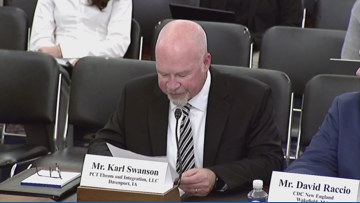University of North Georgia Literacy Program: A Report on Community Engagement and Sustainable Development Goals
Program Overview
The University of North Georgia (UNG) has launched a pilot literacy program aimed at fostering educational development within the local community. This initiative directly supports several United Nations Sustainable Development Goals (SDGs) by providing essential educational services and promoting inclusivity.
- Target Audience: Parents with children in kindergarten through fifth grade.
- Schedule: Sessions will be conducted from 6:00 p.m. to 8:00 p.m. every Thursday, from September 18 to November 6.
- Objective: To enhance literacy skills for both children and parents through structured, on-campus sessions.
- Future Plans: The university aims to continue this literacy effort into the spring of 2026, demonstrating a long-term commitment to its educational and community-focused goals.
Alignment with Sustainable Development Goals (SDGs)
This program is a strategic initiative that actively contributes to the global agenda for sustainable development. Its design and objectives are in direct alignment with the following SDGs:
- SDG 4: Quality Education: The program’s core mission is to ensure inclusive and equitable quality education and promote lifelong learning opportunities. By offering literacy training to both children and their parents, it addresses foundational learning needs and fosters a culture of continuous education within families.
- SDG 10: Reduced Inequalities: A key focus is to connect with and support non-English-speaking and Hispanic families in Hall County. This targeted outreach aims to reduce educational inequalities by providing accessible resources and inviting diverse community members to participate, thereby empowering marginalized groups.
- SDG 11: Sustainable Cities and Communities: The initiative strengthens the fabric of the local community by building a robust relationship between the university and its constituents. By creating an inclusive and supportive learning environment on campus, the program helps make the community more resilient and cohesive.
- SDG 17: Partnerships for the Goals: This program exemplifies a multi-stakeholder partnership. It is a collaborative effort involving university faculty, students serving as tutors, and local community families, all working together to achieve shared educational and social objectives.
Stakeholder Perspectives and Program Impact
Leadership from UNG has highlighted the program’s multifaceted benefits, which underscore its commitment to the SDGs.
- Enhancing Student Experience and Professional Development (SDG 4): Dr. Susann Doyle-Portillo, principal investigator for the grant, stated, “This program is an opportunity for UNG students to interface with our community while engaging in resume-building service learning… our students will have an opportunity to put the knowledge they are learning in the classroom into practice.” This provides students with practical experience, directly contributing to the quality of their education.
- Fostering Community Inclusion (SDG 10): Dr. Efren Velazquez emphasized the outreach component, noting, “Through this collaborative effort, we hope to connect with non-English-speaking families and invite them to campus… I believe this is an exciting opportunity to keep building a relationship between UNG and the Hispanic community in Hall County.” This directly addresses the goal of reducing inequalities through community integration.
- Strengthening University-Community Partnerships (SDG 11 & 17): Dr. Christian Bello Escobar, College of Education Director of Academic and Community Engagement, described the program as “a meaningful extension of our mission to prepare future educators who are deeply engaged with and responsive to the needs of their communities.” This perspective reinforces the program’s role in building sustainable community partnerships and preparing a socially responsible future workforce.
Recruitment and Application
To ensure the success of this initiative, the university is actively recruiting participants and facilitators.
- Family Applications: Parents with children in the specified grades are eligible to apply for the program.
- Student Tutors: UNG is seeking students to serve as tutors, offering them a valuable service-learning opportunity. Interested students are directed to contact Dr. Susann Doyle-Portillo or Dr. Efren Velazquez via email.
1. Relevant Sustainable Development Goals (SDGs)
SDG 4: Quality Education
SDG 10: Reduced Inequalities
SDG 17: Partnerships for the Goals
2. Specific SDG Targets
-
Target 4.6: By 2030, ensure that all youth and a substantial proportion of adults, both men and women, achieve literacy and numeracy.
- The article describes a literacy program designed for both children (“kindergarten through fifth grade”) and their parents (“The program will involve both parents and their children”). This directly addresses the goal of improving literacy for both youth and adults.
-
Target 10.2: By 2030, empower and promote the social, economic and political inclusion of all, irrespective of age, sex, disability, race, ethnicity, origin, religion or economic or other status.
- The program makes a specific effort to engage with marginalized communities. The article states, “we hope to connect with non-English-speaking families” and aims to keep “building a relationship between UNG and the Hispanic community in Hall County.” Improving literacy is a key tool for social empowerment and inclusion for these groups.
-
Target 17.17: Encourage and promote effective public, public-private and civil society partnerships, building on the experience and resourcing strategies of partnerships.
- The initiative is described as a “collaborative effort” and an opportunity for the university to “interface with our community.” It represents a partnership between a public university (UNG) and the local community to address a specific need (literacy), thereby strengthening community ties.
3. Mentioned or Implied Indicators
-
Indicator for Target 4.6: Number of children and parents participating in the literacy program.
- The article implies this indicator by stating that “Parents with children in grades kindergarten through fifth grade are eligible to apply for the program” and that the program will involve “both parents and their children.” The number of participants is a direct measure of the program’s reach in promoting literacy.
-
Indicator for Target 10.2: Number of non-English-speaking and Hispanic families engaged in the program.
- This indicator is implied by the stated goal to “connect with non-English-speaking families” and build a relationship with the “Hispanic community in Hall County.” Tracking the participation of this specific demographic would measure the program’s success in promoting inclusion.
-
Indicator for Target 17.17: Establishment and continuation of the collaborative literacy program.
- The article describes the launch of a “pilot program this fall, with the goal of continuing the literacy effort in spring 2026.” The existence and planned continuation of this “collaborative effort” serves as an indicator of a functioning partnership between the university and the community.
4. Summary Table of SDGs, Targets, and Indicators
| SDGs | Targets | Indicators |
|---|---|---|
| SDG 4: Quality Education | 4.6: Ensure that all youth and a substantial proportion of adults, both men and women, achieve literacy and numeracy. | Number of children and parents participating in the literacy program. |
| SDG 10: Reduced Inequalities | 10.2: Empower and promote the social, economic and political inclusion of all. | Number of non-English-speaking and Hispanic families engaged in the program. |
| SDG 17: Partnerships for the Goals | 17.17: Encourage and promote effective public, public-private and civil society partnerships. | Establishment and continuation of the collaborative literacy program between the university and the local community. |
Source: ung.edu







